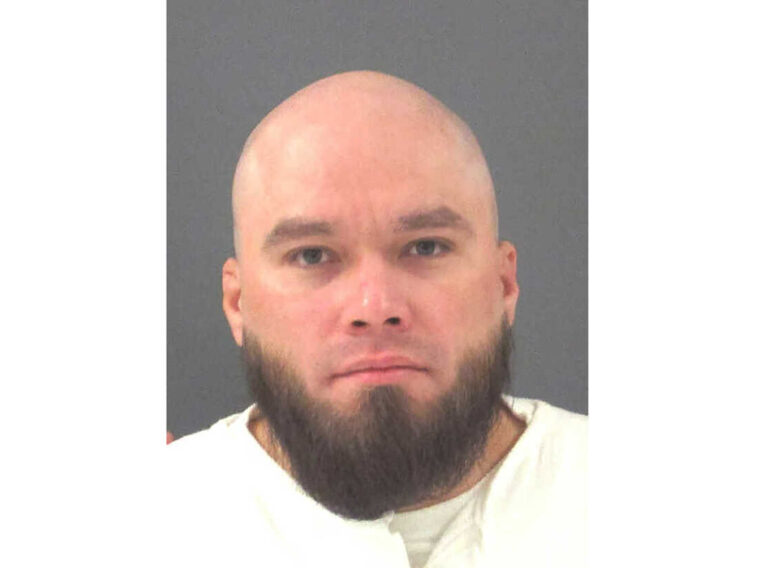
Texas Man Scheduled to be Executed Despite Claims of Innocence and Push for DNA Testing
Background
Ruben Gutierrez, a 47-year-old man from Texas, has been on death row for the past 23 years. He was convicted in the fatal stabbing of Escolastica Harrison, an 85-year-old woman, at her home in Brownsville, Texas in 1998. His execution has been scheduled for Tuesday evening at the State Penitentiary in Huntsville, Texas.
Claims of Innocence
Gutierrez has consistently maintained his innocence since his conviction. According to Gutierrez’s attorneys, there is no physical or forensic evidence connecting him to the crime. They have argued that his case is similar to another Texas death row inmate, Rodney Reed, whose case was sent back to a lower court after the Supreme Court in 2023 ruled he should be allowed to argue for DNA testing. Reed is still seeking DNA testing.
Push for DNA Testing
Gutierrez has long sought DNA testing, claiming it would help prove he was not responsible for the crime. Gutierrez’s attorneys argue that various items recovered from the crime scene, including nail scrapings from Harrison, a loose hair wrapped around one of her fingers, and various blood samples from within her home, have never been tested. They have asked the U.S. Supreme Court to stop the execution, arguing Texas has denied his right under state law to post-conviction DNA testing that would show he would not have been eligible for the death penalty.
Prosecutors’ Response
Prosecutors have rejected Gutierrez’s claim of innocence and have said the request for DNA testing is a delay tactic. They argue that Gutierrez was convicted on various pieces of evidence, including a confession in which he admitted to planning the robbery and being inside Harrison’s home when she was killed. Gutierrez was convicted under Texas’ law of parties, which says a person can be held liable for the actions of others if they assist or encourage the commission of a crime. Texas’ Attorney General’s Office and the Cameron County District Attorney’s Office said state law does not provide for post-conviction DNA testing to show innocence of the death penalty and, even if it did, Gutierrez would not be entitled to it.
Push for Commutation of Death Sentence and Reprieve
Last week, the Texas Board of Pardons and Paroles voted against commuting Gutierrez’s death sentence to a lesser penalty and granting a 90-day reprieve. Gutierrez’s lawyers have asked the U.S. Supreme Court to stop the execution, and the decision is pending.
Conclusion
Despite Gutierrez’s claims of innocence and push for DNA testing, his execution is still scheduled for Tuesday evening. This case raises important questions about the use of the death penalty and the need for accurate forensic evidence in criminal cases.
Originally Post From https://abc13.com/post/ruben-gutierrez-faces-planned-lethal-injection-1998-stabbing/15062639/

